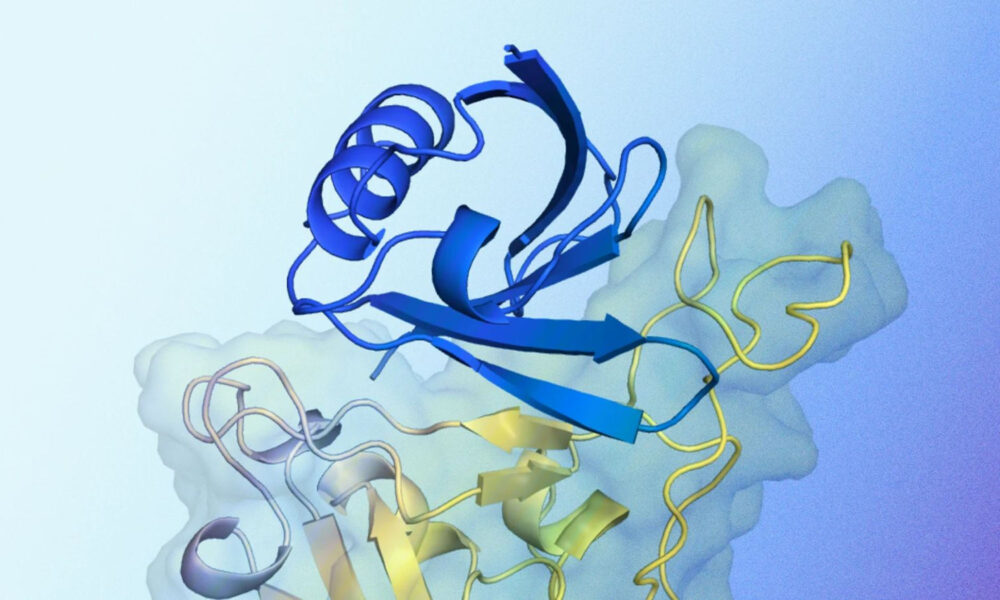News
Google’s New AI Technology May Revolutionize Cancer Treatment
The AI model, called AlphaProteo, can design targeted protein binders, promising breakthroughs in cancer treatments and diseases like diabetes.

Proteins are integral to many biological processes within the human body. They play a crucial role in our immune system, helping us to fend off diseases and maintain overall health.
Until now, developing protein molecules for medical purposes has been a time-consuming, expensive, and complex process. However, advancements in artificial intelligence have significantly improved the process, making it more efficient and accessible.
Recently, Google DeepMind researchers introduced a cutting-edge AI-powered model that can create protein binders targeting specific proteins. The groundbreaking development allows scientists to design custom protein molecules that specifically target only cancerous cells while minimizing harm to healthy ones. Hopefully, this will lead to more effective and less harmful treatments for cancer patients.
The newly developed AI model, known as AlphaProteo, also promises to be a game-changer in the diagnosis and treatment of various diseases, including autoimmune disorders like rheumatoid arthritis, and chronic illnesses such as diabetes.
This isn’t Google DeepMind’s first foray into using AI for protein research. In 2021, the company launched AlphaFold, another AI-powered system aimed at predicting the structure of proteins. AlphaProteo builds upon this foundation, further advancing AI’s role in medical research.
Also Read: Tumor-Fighting Nanobots Could Revolutionize Cancer Treatment
The system’s training involved large datasets from the Protein Data Bank and insights from Google’s previous AI research. By leveraging this wealth of data, AlphaProteo avoids the need for traditional, resource-intensive testing methods, saving both time and money.
One of the most significant achievements during AlphaProteo’s testing phase was the strength of the protein binders it produced. On average, these binders were ten times more effective than current designs. The research also included testing protein binders for various target molecules, including those related to diseases like COVID-19 and leukemia.